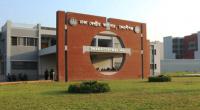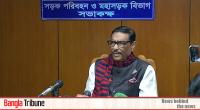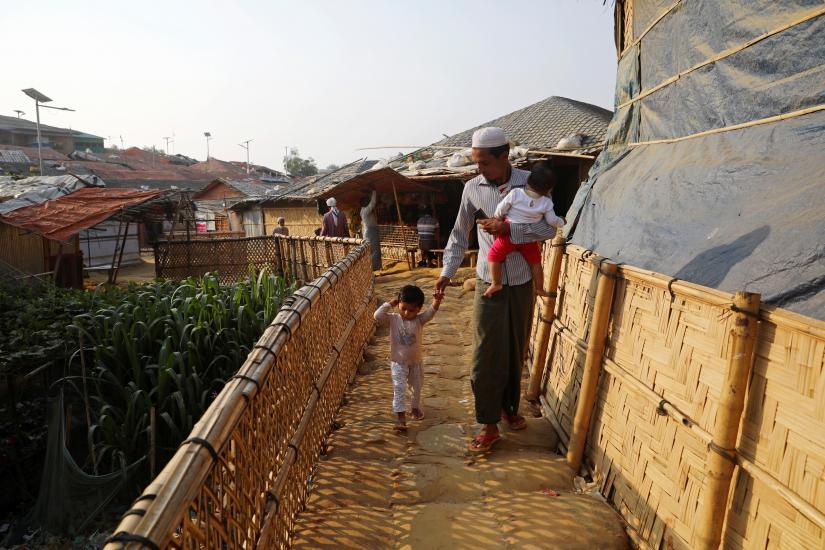 The government of Bangladesh has decided to allow Rohingya refugee children living in the camps in Cox’s Bazar access to schooling and training opportunities in their own language, a move lauded by several rights groups.
The government of Bangladesh has decided to allow Rohingya refugee children living in the camps in Cox’s Bazar access to schooling and training opportunities in their own language, a move lauded by several rights groups.
The government’s decision came after a meeting of a national taskforce set up by the government.
The Rohingyas, an ethnic minority in Myanmar, were forced to flee a brutal military crackdown in Myanmar and cross the border to neighbouring Bangladesh in 2017. Currently Bangladesh is sheltering over one million Rohingyas.
In a joint response plan, 10,000 children will initially be given education under a curriculum designed by the United Nation’s children agency UNICEF.
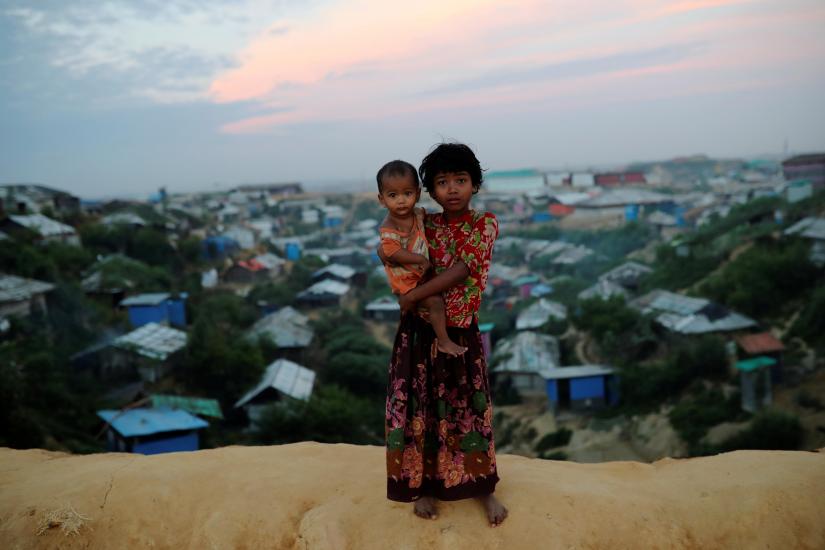 Under the plan Rohingya refugee children will get school education up to the age of 14, through the provision of the Myanmar curriculum, and children older than 14 will get skills training.
Under the plan Rohingya refugee children will get school education up to the age of 14, through the provision of the Myanmar curriculum, and children older than 14 will get skills training.
“We gave UNICEF the responsibility to design the curriculum. They will start the pilot project that will provide education from grade 6 to grade 9,” said Bangladesh Foreign Secretary Masud Bin Momen.
Amnesty International and other human rights organizations have been campaigning for the Rohingya children to be allowed access to education, warning of the costs of a ‘lost generation’
Amnesty International’s South Asia Campaigner Saad Hammadi sees the move an important and positive commitment by the government.
“They have lost two academic years already and cannot afford to lose any more time outside a classroom,” he said in a statement.
“It is important that access to appropriate, accredited and quality education be extended to all children in the Cox’s Bazar area, including Rohingya refugees and the host community. The international community has a key role to play here in ensuring the Bangladesh government has the resources it needs to realize this goal,” he added.
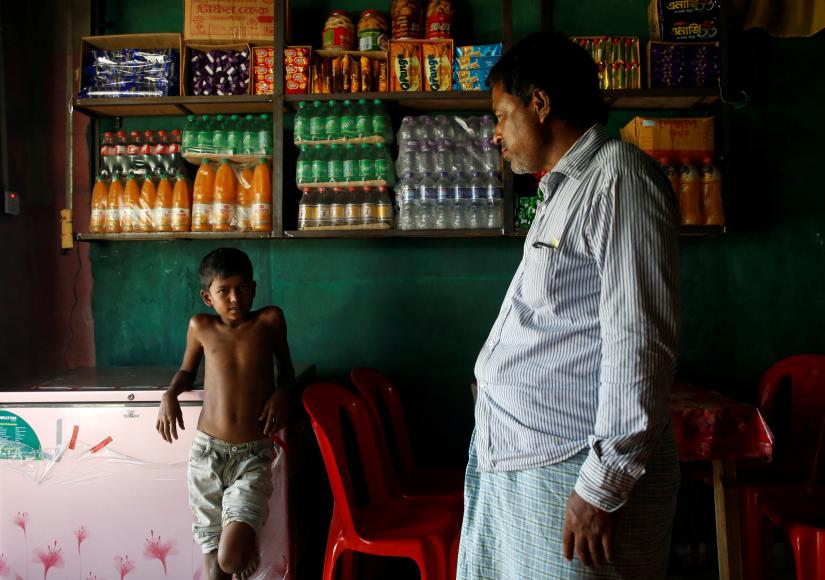 Refugees International Senior Advocate for Human Rights Daniel P Sullivan sees the decision as a “game-changer.”
Refugees International Senior Advocate for Human Rights Daniel P Sullivan sees the decision as a “game-changer.”
“Since the start of the crisis, Rohingya have called for access to education as a major priority, expressing fears of a ‘lost generation.’ Now, Rohingya will enjoy a right that they were often denied even at home in Myanmar,” he said in a statement.
“This opportunity will not only empower Rohingya youth in their day-to-day lives, but it also gives them real hope for the future,” he added.
Until now, Bangladesh had resisted calls to grant Rohingya refugee children access to education, limiting learning opportunities to a few provisional learning centres that offering playtime and early primary school lessons scattered across the refugee camps in the Cox’s Bazar district.
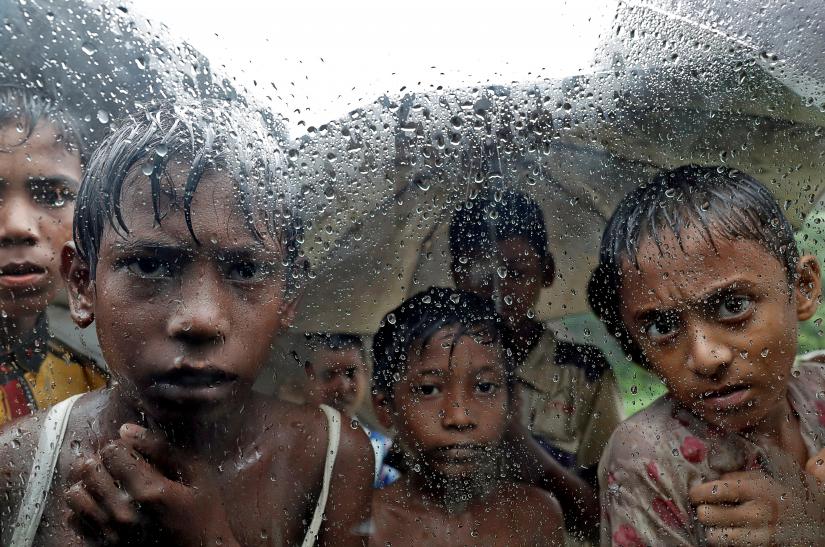 A few children who managed to gain access to local secondary schools were expelled on the government’s instructions.
A few children who managed to gain access to local secondary schools were expelled on the government’s instructions.
Amid fears of either being forcibly returned to Myanmar or relocated to Bashan Char, these children have faced an uncertain future.
Many were on the verge of completing their schooling when the Myanmar military attacked their villages, forcing them to flee to Bangladesh and throwing their lives into limbo.
(Bangla Tribune’s Special Correspondent Sheikh Shahriar Zaman provided inputs for this report)

